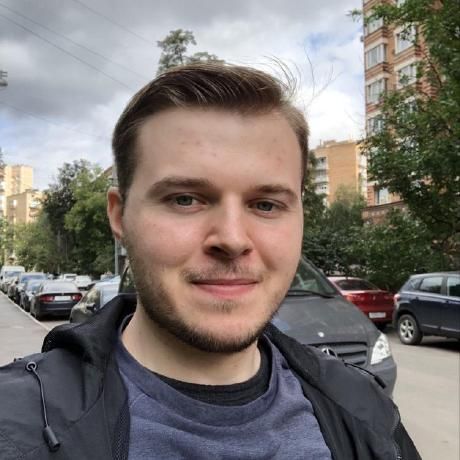424 reads
Our Most Significant Enhancements are Non-Technical: Interview with Noonies Nominee German Tebiev
by
November 14th, 2022
Audio Presented by

My blog: [So List](https://www.solist.blog/). Software development process architect @ Devexperts.

My blog: [So List](https://www.solist.blog/). Software development process architect @ Devexperts.